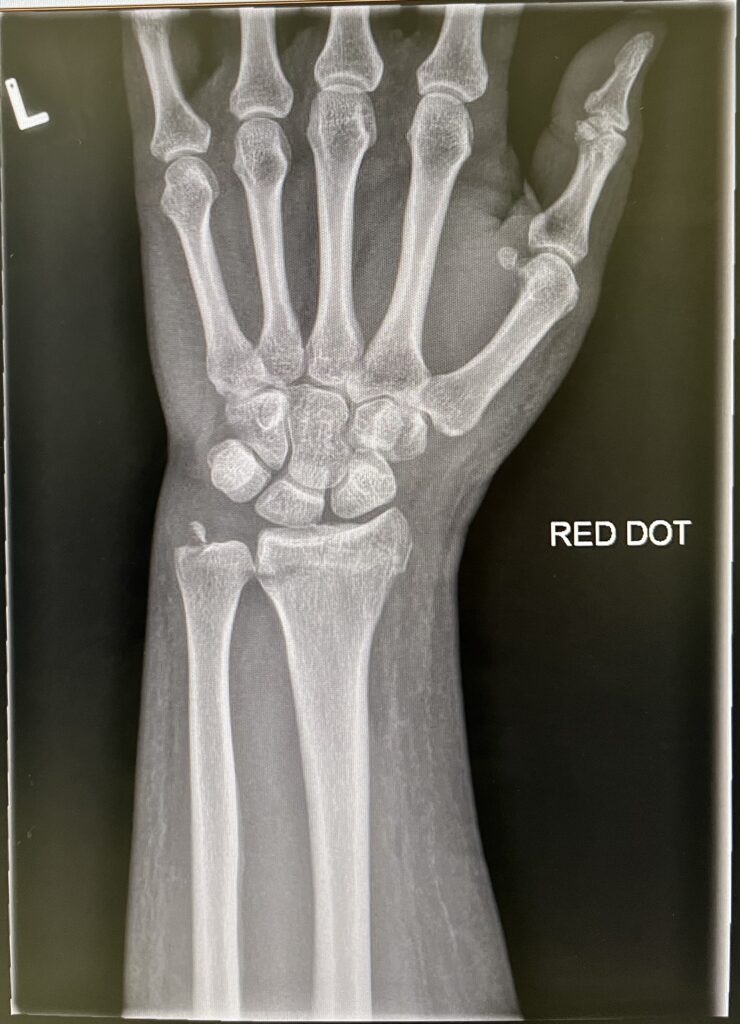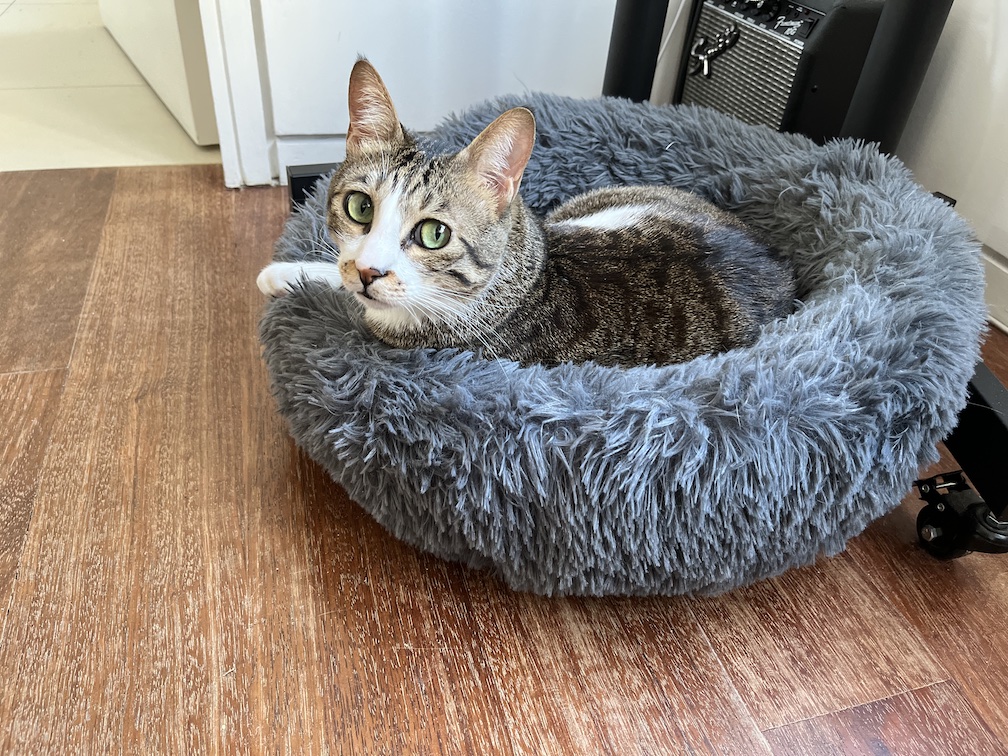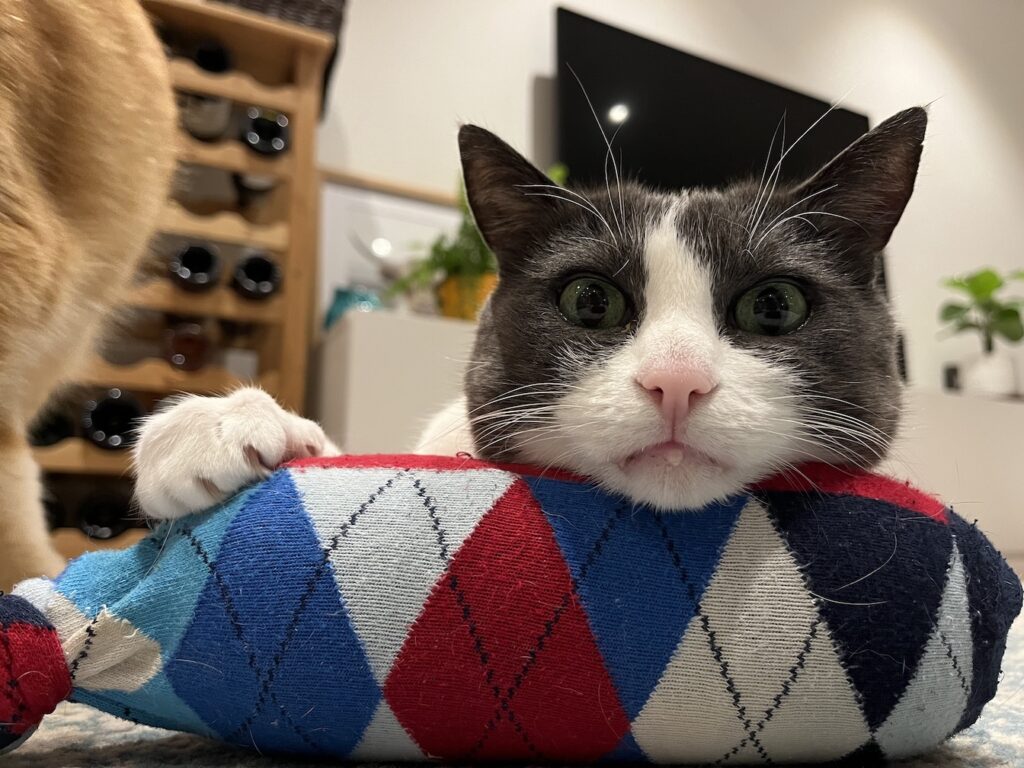With apologies to Lewis Carrol.
Our made-to-measure wardrobe project got rolling last week. The materials were delivered on Monday, in terrible weather, by two guys who did an admirable job moving a bunch of big heavy stuff into the two target rooms.
On Tuesday – a day before he was expected – the installer (“fitter”) arrived to start what Sharps insisted (over my questioning and skepticism) would be a three day job. Aside from him arriving 20 minutes before I was supposed to be in a meeting, I didn’t mind him starting early. The sooner you start, as they say, the sooner you can fall behind.
I showed him the rooms and materials and it didn’t take long before I heard the words you never want to hear during any sort of construction project. “So… we have a problem.”
Before we get to that, let’s back up for a moment… We started this project months ago, meeting wardrobe design firms the weekend we got keys to the house. We iterated on the most promising proposal several times, and placed the order once we had drawings we were happy with. There was a 2-ish month lead time (pretty much across the board), so every day we didn’t act was a “day for day slip.”
Once we had signed off on the design, the firm had a surveyor come out and double check everything. He had the designers drawings, and spent a couple hours in the space, measuring everything, checking the drawings, and doing… whatever it is a surveyor does.
He made a couple tweaks – clearing them with us – and placed the materials order.
So when the fitter arrived, he was the third person to have been in the space and seen the plans. But as the one who actually does the work, Riccardo noticed things the designer and surveyor hadn’t.
He saw, for example, that some of the cuts required in the loft were impossible. Not just hard, or tricky, but impossible. The plan called for him to scribe (trace and follow the contours of an existing shape) two adjoining edges of a board. But you can’t, he explained, because no matter which edge you start with, when you scribe and cut the other edge, the first edge won’t sit where it needs to.
Those impossible cuts were in the corner where the build needed to start, so he needed a solution. He spent the day talking to the firm, and by the evening had a proposal that the firm was reviewing. He left after setting up to start the easier room, and we planned to go over the proposed revision the next morning.
He arrived, and Dawnise and I spent several hours with him reviewing his suggestion – which essentially involved completely boxing in the wardrobes and shelves that had been designed to use the existing wall and ceiling as their back and top. That would involve anchoring several additional heavy panels – not accounted for in the initial design – to the wall and ceiling. I was … skeptical.
The wardrobes in the loft were to sit against the wall separating the space from its en-suite shower room. And that wall is thin – thinner than a standard timber and plasterboard wall. And it has water pipes (for the shower) and it has a Venetian (polished) plaster finish on the shower side. The fitter wasn’t sure, and neither was I, that he could safely anchor the much heavier proposed installation to that wall.
So we asked the builder.
Turns out the builder who did this house picked up another job on the street – someone saw this renovation and liked it so much they said “do that for me.” So Tony and his team are working literally across the street most days. I asked if he could pop over and consult for a moment.
Tony listed to the fitters proposal and questions and basically said “this wall isn’t load bearing – you might manage it, supporting some of the weight on the ceiling, but if that pipe moves and there’s any plaster damage, you’ll need to re-plaster the whole wall. I wouldn’t do it.” Oh, and a quick measure showed that the shower tap was smack dab in the middle of where the build would need to be anchored to the wall.
Ruh-Roh.
So I called the firm and said those dreaded words … “we have a problem.” The fitter had also briefed them, and we agreed that he should get started on the other room – that aside from a couple tricky cuts seemed fairly straight forward – while we sorted out the situation.
I had a conversation with a regional installation manager, who was on the road and couldn’t get to London for a couple days, via WhatsApp. I showed her the space, reiterated Riccardo’s description of the issues, and my builder’s concerns. She arranged for a colleague, who was in the area, to pop in to have a look in person. Jim, who’d been with the firm “a fair while” looked, and listened, and ultimately said “The surveyor should have caught this. I’m going to recommend we not continue.”
By this time that seemed like the only sensible option from our perspective, too.
I told him that even if the firm guaranteed in writing that they would take responsibility for any damage to the space and adjoining spaces, I’d be foolish to proceed against the advice of the team that literally built the house. If anything went wrong, even if they worked to fix it, we could be living in a building site for months.
He wrote up his findings and the report was being reviewed and discussed internally on Friday. On Monday morning (tomorrow, as of this writing) I expect a call telling me when they’ll come and collect the load of materials currently occupying a good chunk of the loft. Fortunately nothing has yet been done that can’t be undone, and that’s down to the fitter thinking the project through before he started making holes in things
At several points this adventure has echoed the sorts of planning-to-execution failures all too common in software. And the root cause feels the same, too. The design, and the estimation, were done by someone who “used to actually do the work,” but when the actual hands-on practitioner got involved they spotted a new set of “obvious to them” issues with the plans and estimates.
In construction, and in software, when you find yourself problem solving and designing “in the room” it’s a clear sign that something’s gone wrong, and that the project risk has increased, probably significantly. (For a very readable and highly recommended deeper examination of what goes wrong on projects and how to improve your chances of success, see How Big Things Get Done, by Flyvbjerg.)
The main bedroom, I’m happy to say, has been making good progress. Riccardo expects to complete the job Monday – three days after starting it. (So that the one room will have taken him all three days that the firm had estimated for both rooms. And I can say, having been following his progress, that this isn’t because he’s been slow, it’s because their estimate was … overly optimistic – another failure commonly encountered in software. Also like in software, it would have been easy to demand that the builder stick to the original estimate, not taking into account what had been learned since that estimate was made.)
Fingers crossed that on Monday we’re hanging our “everyday” clothes in the finished wardrobes and are able to stop rotating through the small collection of things we held aside at the start of the move.
We had chosen to do built-ins to maximize storage in the irregular spaces, but in the loft we’ll have to figure out a freestanding option. We won’t get as much storage as we would have with the built-ins, but “needs must,” as they’re fond of saying ’round here.



